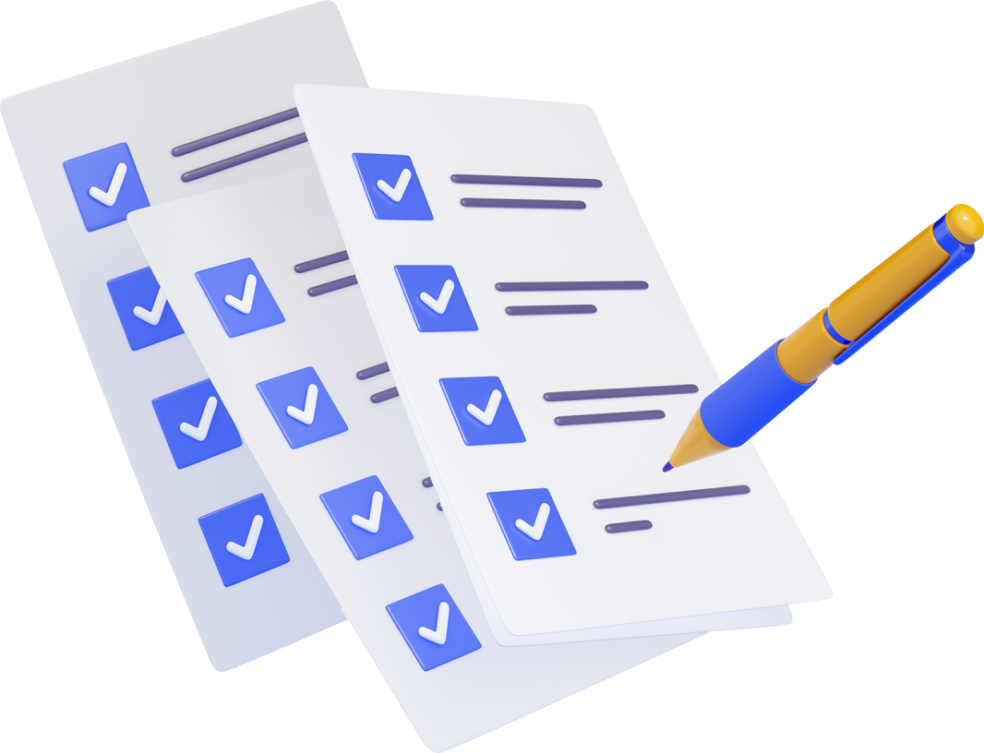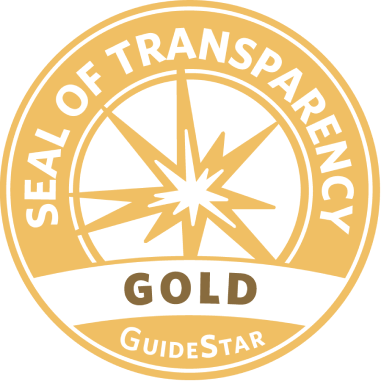Human rights are universal, but access to information about these rights is not always equally distributed. Language barriers often prevent marginalized individuals from learning about and exercising their fundamental rights. In today’s globalized world, English has become a powerful tool for accessing human rights information, enabling individuals to advocate for themselves and their communities.
At Omid Foundation, we recognize the transformative role of English education in empowering young women to understand, claim, and defend their rights. This article explores how learning English can break down barriers, foster awareness, and contribute to building a more equitable society.
English as a Global Language
English is widely recognized as the global language of diplomacy, law, and human rights. It is the primary language used in international organizations such as the United Nations, Amnesty International, and Human Rights Watch. Most human rights declarations, treaties, and educational materials are published in English or are first accessible in this language.
For individuals who do not speak English, accessing this wealth of information can be a challenge. Important documents, such as the Universal Declaration of Human Rights (UDHR), may not be available in their native language. This creates a knowledge gap that disproportionately affects marginalized communities.
By learning English, individuals gain access to these vital resources, empowering them to understand their rights and take action to protect them.
Overcoming Barriers to Awareness
In many parts of the world, young women face systemic barriers that limit their access to education, legal support, and information about their rights. These barriers often stem from cultural norms, economic constraints, and gender discrimination.
At Omid Foundation, we have seen how English education can help overcome these obstacles. Through our programs, participants not only learn the language but also gain the tools to navigate complex legal systems, understand human rights frameworks, and connect with international organizations.
For example, one of our program participants, Nasrin, shared how learning English allowed her to access online resources about women’s rights and domestic violence laws. With this newfound knowledge, she was able to advocate for herself and support other women in her community.
Connecting with Global Advocacy Networks
One of the most powerful aspects of learning English is the ability to connect with global advocacy networks. Human rights organizations often rely on English as the medium for communication, training, and campaigning. For young women in marginalized communities, this connection can be life-changing.
Through Omid Foundation’s English programs, participants are introduced to international organizations and platforms where they can share their stories, raise awareness, and contribute to global discussions on human rights. This exposure not only amplifies their voices but also fosters a sense of solidarity and shared purpose.
For instance, through a cross-cultural exchange program, one of our graduates, Lila, was able to attend a virtual human rights workshop organized by an international NGO. The experience helped her understand the global nature of human rights issues and inspired her to start a local advocacy group.
Access to Legal Resources and Support
Understanding legal frameworks and accessing legal support are critical aspects of exercising one’s rights. However, legal systems are often complex and inaccessible to those who do not speak the dominant language. In many countries, English serves as the bridge to understanding international laws and agreements that protect human rights.
By learning English, young women gain the ability to read and interpret legal documents, seek advice from international legal experts, and participate in global campaigns for justice. They also learn how to navigate online platforms that provide free legal resources and guidance.
Omid Foundation integrates these practical skills into our English programs. Participants are taught how to research legal information, draft formal letters, and communicate effectively with legal professionals. These skills empower them to advocate for themselves and others in their communities.
Amplifying Voices Through Media and Storytelling
In the fight for human rights, storytelling is a powerful tool. Sharing personal experiences can raise awareness, inspire action, and drive change. However, language barriers often prevent marginalized individuals from telling their stories on a global stage.
English proficiency enables young women to share their narratives through blogs, social media, and online platforms. It also allows them to engage with journalists, activists, and policymakers who can amplify their voices.
At Omid Foundation, we encourage participants to use their English skills to become storytellers and advocates. Many of our graduates have created blogs, written articles, or participated in international webinars to share their experiences. These stories not only shed light on human rights issues but also challenge stereotypes and promote empathy.
Educating Communities
The ripple effect of English education extends beyond individual learners. As young women gain knowledge about human rights, they become catalysts for change in their communities. They use their language skills to educate others, raise awareness about local issues, and connect their communities with global resources.
For example, one of our graduates, Afsaneh, started a workshop series in her village to teach other women about their legal rights and how to access support services. Her ability to translate and share information from English resources was instrumental in empowering her peers.
These grassroots efforts demonstrate how English education can create a multiplier effect, spreading knowledge and fostering collective action.
Digital Literacy and Access
In today’s digital age, much of the information about human rights is available online. However, accessing this information requires both language proficiency and digital literacy. Many marginalized individuals lack these skills, further deepening the divide.
At Omid Foundation, we address this challenge by incorporating digital literacy training into our English programs. Participants learn how to navigate online platforms, conduct research, and use digital tools to access and share human rights information.
By combining language and digital skills, we empower young women to become active participants in the global conversation on human rights.
Stories of Transformation
The impact of English education on accessing human rights information is best illustrated through personal stories. One such story is that of Farah, who joined our English program with little knowledge of her rights. Through her studies, she discovered international conventions on gender equality and child protection.
Armed with this knowledge, Farah successfully advocated for her younger sister to return to school after being forced to drop out. She also became a vocal advocate for girls’ education in her community, using her English skills to connect with international organizations for support.
These stories highlight the transformative power of education and the resilience of young women in the face of adversity.
Conclusion
Access to human rights information is a fundamental step toward creating a just and equitable world. For marginalized young women, learning English is a pathway to this access. It enables them to understand their rights, connect with global networks, and advocate for change.
At Omid Foundation, we are proud to provide programs that empower young women to break down barriers and build brighter futures. Through English education, they transition from being passive recipients of aid to active agents of change in their communities and beyond.
As we continue our mission, we invite you to join us in supporting this transformative work. Together, we can ensure that every young woman has the tools she needs to access her rights and create a better world for herself and others.

